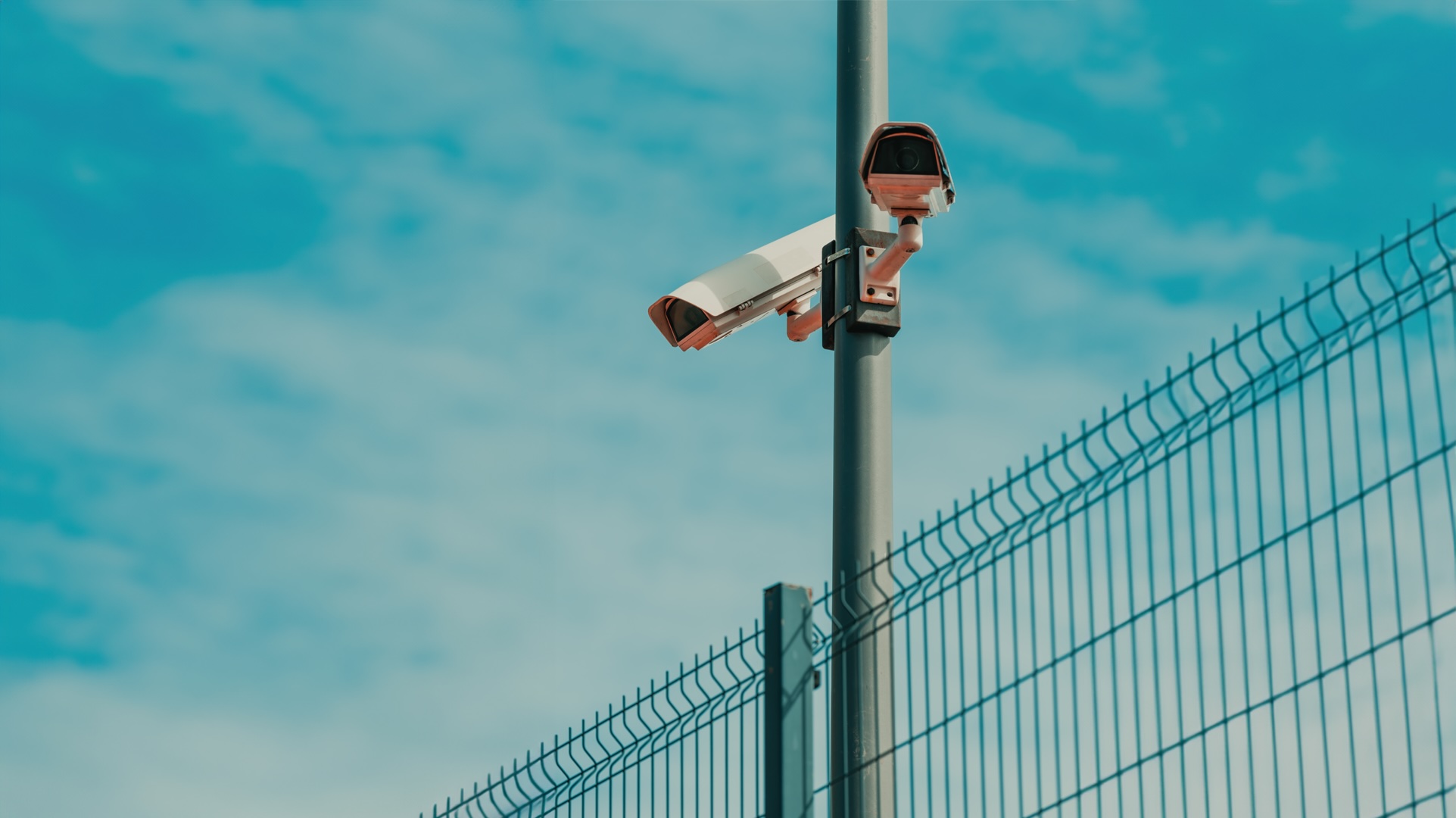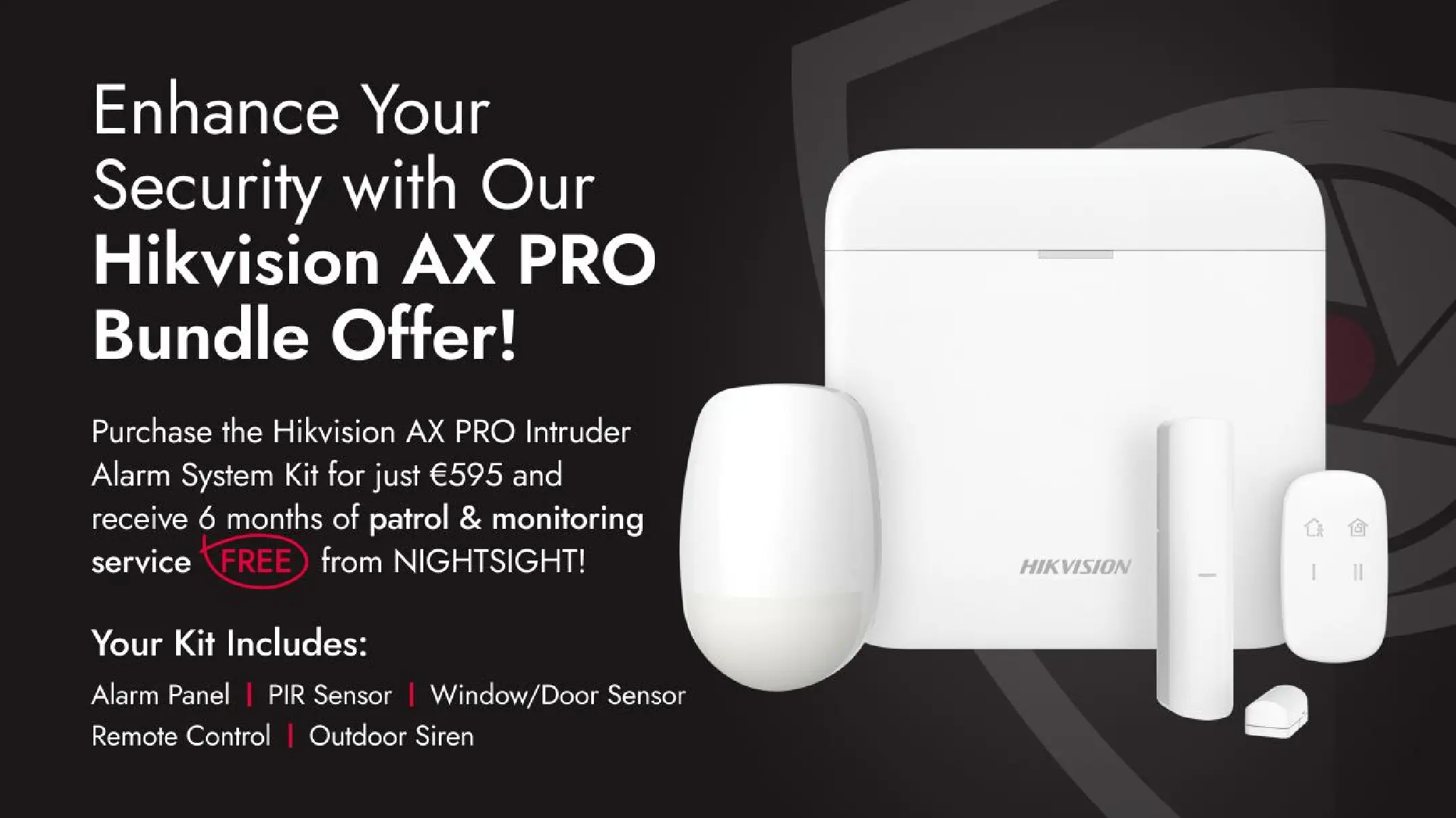Navigating the myriad choices in surveillance systems can be daunting, overwhelmed by extensive product options and complex technical terms. At NIGHTSIGHT, we simplify this process. Here’s an essential guide on video surveillance and surveillance equipment that every business owner should know.
Business Benefits of Video Surveillance Systems
Video surveillance systems are crucial tools for enhancing workplace safety and security. Real-time monitoring helps prevent theft, vandalism, and accidents, ensuring a safer environment. Additionally, surveillance acts as a powerful deterrent and investigative tool for crime prevention and detection. Moreover, these systems boost employee productivity by facilitating performance analysis and feedback. The ability to access surveillance footage remotely via cloud services enhances flexibility, allowing business owners to monitor operations from anywhere.
Exploring Different Video Surveillance Systems
There are three primary types of video surveillance systems:
- Analog Video Surveillance Systems:
These systems use CCTV cameras and an NVR to convert analog footage to digital format. Footage is transmitted via wired connections to an NVR and stored locally, limiting remote access and cloud backups.
- Digital Video Surveillance Systems:
These systems record in digital format using a DVR, which simplifies installation and enhances cloud backup capabilities for disaster recovery.
- IP Video Surveillance Systems:
Utilizing IP cameras, these systems transmit video over a network, allowing easy configuration and automatic cloud uploads for real-time remote monitoring.
Key Components of a Video Surveillance System
- Cameras
It’s vital to select durable, high-quality cameras that can withstand harsh conditions if necessary. Advanced features like zoom and motion detection can greatly enhance a camera’s effectiveness. Our specialists provide personalized consultations to help you choose the best cameras for your needs.
- Software and Data Storage
The software determines the functionality and capabilities of your surveillance system. Opting for software that supports automated video analysis and unlimited cloud storage is beneficial due to the extensive storage requirements of video data.
- Video Recorders
A video recorder transforms the footage captured by cameras into digital video, serving as a fundamental element in any surveillance system. Historically, the options were limited to either DVRs (Digital Video Recorders) or NVRs (Network Video Recorders).
DVR vs. NVR vs. IVR Comparison
A Digital Video Recorder (DVR) processes and converts analog video footage into a digital format. Conversely, a Network Video Recorder (NVR) handles video in digital format from the outset. An Intelligent Video Recorder (IVR) extends the capabilities of an NVR by incorporating advanced video analytics features, allowing for automatic analysis of collected footage and offering a suite of enhanced functionalities.
Choosing the Right System with Expert Assistance
Setting up a surveillance system can be complex, which is why NIGHTSIGHT offers expert installation services and guides customers through the process. Our commitment to customer support ensures assistance is readily available when needed.
Our experts at NIGHTSIGHT are ready to offer a free consultation and develop a customized security strategy tailored to your project. Contact us today to schedule your consultation and take the first step towards enhanced business security.

